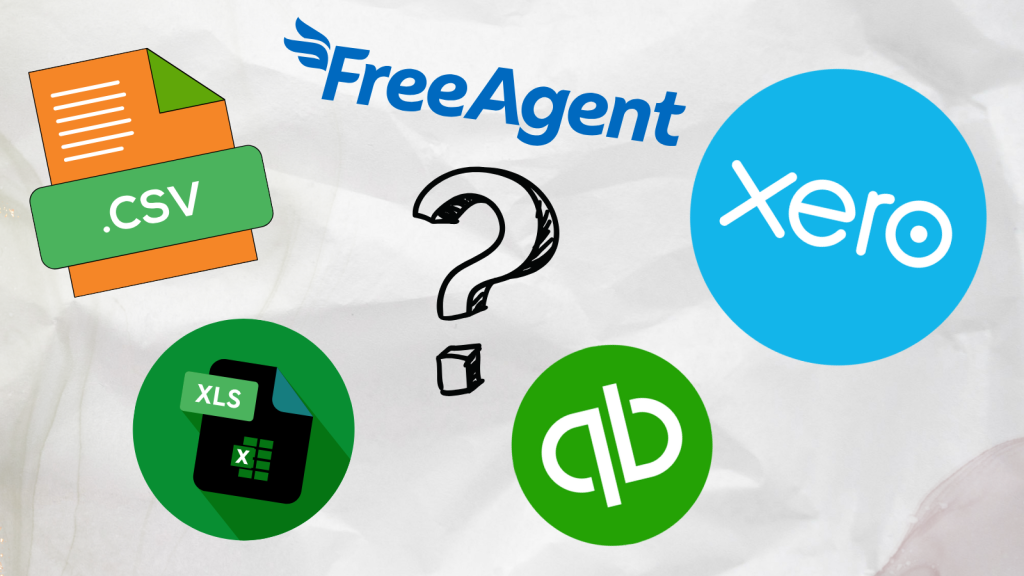Running a business comes with many financial responsibilities, from tracking expenses to ensuring taxes are paid on time. If you’re still using spreadsheets or manual bookkeeping, you may be missing out on the efficiency and accuracy that the right accounting software can offer. In this post, we’ll explore why every business, big or small, can benefit from using an accounting system like Xero, QuickBooks Online or FreeAgent.
The Challenges of Manual Bookkeeping
Many small business owners start by keeping track of their finances manually, using paper records or spreadsheets. While this might work in the early stages, it can quickly become overwhelming as the business grows.
Some common issues with manual bookkeeping include:
- Time-consuming processes – Entering transactions manually takes a lot of time and increases the risk of errors.
- Lack of real-time insights – Without an automated system, financial reports can quickly become outdated.
- Human errors – Typos, miscalculations, and incorrect data entries can lead to costly mistakes.
- Tax compliance issues – Keeping track of tax deductions, deadlines, and regulatory changes is difficult without an automated system.
The Benefits of Accounting Software
Switching to an accounting software can solve these challenges and provide significant benefits for your business.
1. Automation Saves Time
Your accounting sofware automates many financial tasks, such as generating invoices, reconciling bank transactions, and processing payroll. This reduces the time spent on bookkeeping, allowing you to focus on growing your business.
2. Improved Accuracy and Reduced Errors
Manual data entry is prone to mistakes, but accounting software minimises these errors by automatically calculating totals, applying tax rates, and flagging discrepancies. This ensures your financial records are always accurate.
3. Real-Time Financial Insights
Most accounting platforms provide real-time financial dashboards, allowing you to monitor cash flow, revenue, and expenses at a glance. This helps you make informed business decisions quickly.
4. Easy Tax Management
Accounting software simplifies tax compliance by tracking deductible expenses, generating tax reports and filing direct returns to HMRC. This ensures that you meet tax deadlines and avoid expensive penalties.
5. Secure Data Storage
Cloud-based accounting platforms offer secure data storage with encryption and regular backups. This protects your financial information from data loss due to computer crashes or cyber threats.
6. Scalability for Business Growth
As your business expands, so do your accounting needs. A good accounting platform grows with your business, allowing you to handle more transactions, add new revenue streams, and integrate with other business tools like payroll and inventory management.
Choosing the Right Accounting Platform
With so many options available, selecting the right accounting software depends on your business needs. Here are a few factors to consider:
- Business size and industry – Some platforms are designed for freelancers and small businesses, while others cater to larger enterprises.
- Features – Look for automation, reporting, and integration capabilities that align with your business needs.
- Budget – Choose software that fits your budget while offering the best value.
- Ease of use – An intuitive interface and customer support can make implementation easier.
Final Thoughts
Accounting software is a powerful tool that can streamline your financial processes, save time, and help you make better business decisions. If you’re still relying on manual bookkeeping, now is the time to switch to an automated system and take control of your business finances. We’ve. been using Xero and QuickBooks Online for over a decade now and can steer you through the benefits of each to help you reach a decision as to which software would be best for your business. In our next blog post we’ll be looking at both Xero, QuickBooks Online and FreeAgent in more details and how to choose the right accounting software for you.

